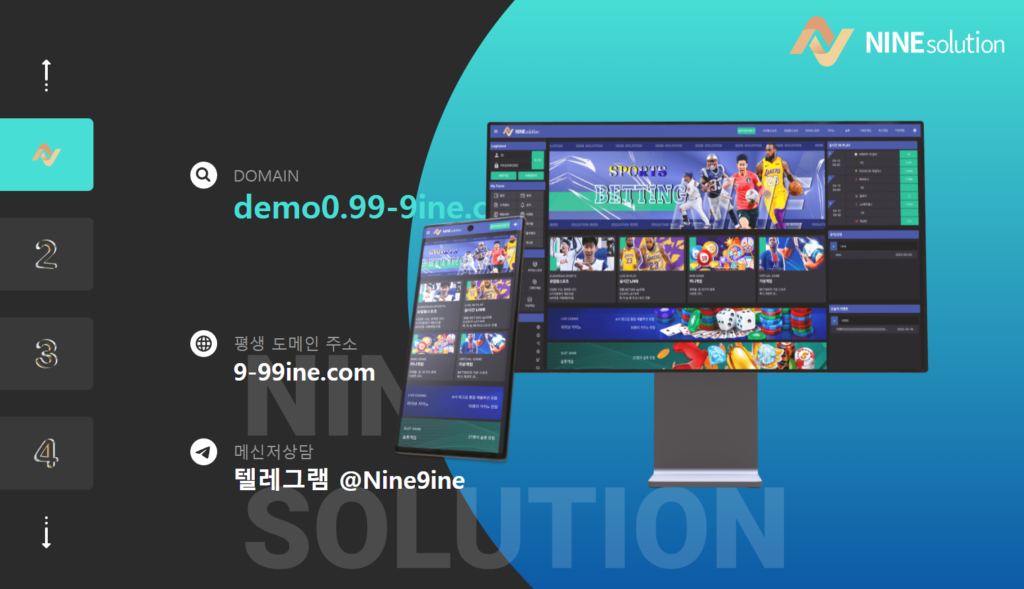Esports has become a billion-dollar industry in recent years, with lucrative opportunities emerging for brands, advertisers, and investors to capitalize on the growing market. Sponsorships are a key revenue stream for esports teams, players, and tournaments, contributing to the industry’s economic growth. These sponsorships help organizations fund operations, provide salaries for players, and organize large-scale events, while also offering sponsors a chance to connect with a highly engaged and tech-savvy audience.
Many of the world’s biggest brands, ranging from tech giants like Intel and Nvidia to consumer brands like Coca-Cola and Nike, are now heavily involved in esports through sponsorship deals. These partnerships provide brands with access to a global fanbase, as esports fans tend to be highly loyal and active on social media platforms. Sponsorships often include naming rights for tournaments, branded content, advertising during live streams, and partnerships with professional players and teams.
In addition to traditional sponsorships, advertising during live broadcasts and streaming platforms has become another crucial revenue stream for the industry. Streamers and esports tournaments generate significant advertising revenue from pre-roll ads, mid-roll ads, and banner ads that appear during live broadcasts. The targeted nature of these ads allows companies to reach specific demographics that are highly engaged with the esports content, making them a powerful marketing tool.
The advent of online betting and fantasy leagues has also provided esports with new sources of revenue. Betting platforms have become increasingly popular among esports fans, offering them the ability to wager on match outcomes, player performance, and tournament results. This has attracted a new level of attention from both traditional sports betting companies and specialized esports betting platforms. Fantasy esports leagues, similar to fantasy sports, allow fans to assemble their dream teams and compete based on the real-world performance of esports players, adding an interactive and gambling-related component to the industry.
Furthermore, streaming platforms like Twitch, YouTube Gaming, and Facebook Gaming have become essential partners for esports teams, events, and brands. These platforms have transformed the way fans consume content, with an emphasis on subscriber models that offer exclusive content to paying viewers. This creates a direct revenue model for streamers, event organizers, and esports teams, as subscribers and donors contribute to their earnings through platform support.
As the demand for esports content continues to rise, so too do the opportunities for growth in sponsorships and revenue. The rise of esports as a legitimate business is attracting new investors, with venture capital and private equity firms eyeing the esports space as a valuable asset. This influx of investment is helping to propel the industry to even greater heights, as esports companies expand their operations, develop new technologies, and explore untapped markets.
Esports in Virtual Worlds and the Metaverse
The concept of the Metaverse—a virtual, interconnected universe where digital avatars can engage in a wide range of activities—has been gaining significant traction, and esports is poised to play a major role in shaping this new digital frontier. Virtual worlds are not only a place for socializing and gaming, but they are also emerging as spaces for esports competitions, live events, and entertainment experiences.
Esports tournaments are increasingly taking place within virtual environments, where fans can participate as avatars, watch the action unfold in immersive digital arenas, and interact with other fans. This shift toward virtual worlds could lead to the creation of new esports ecosystems that operate entirely in digital spaces, without the need for physical stadiums or in-person events. By leveraging technologies like virtual reality (VR) and augmented reality (AR), esports events can be experienced in ways that were previously unimaginable. For example, fans could use VR headsets to attend an esports tournament virtually, experiencing the event in 3D as if they were sitting in the front row.
The integration of esports into virtual worlds also opens up new opportunities for cross-platform gaming, where players can compete against others regardless of the device they are using. Whether on a PC, console, or mobile device, esports players could face off in a unified digital ecosystem, breaking down barriers between gaming platforms.
Furthermore, brands are starting to sponsor virtual events and arenas within the Metaverse, allowing companies to showcase their products and services in these digital spaces. The use of virtual assets like skins, avatars, and in-game items, as well as the concept of NFTs (non-fungible tokens), could further revolutionize the business of esports, with digital collectibles becoming an integral part of the industry’s monetization strategy.
As the Metaverse continues to develop, esports could become a key driver of its growth, attracting millions of fans and nohu90 participants to virtual environments where they can watch, play, and experience esports in entirely new ways.
Esports and Social Responsibility: Empowering Communities and Charitable Initiatives
While esports is primarily known for entertainment and competition, the industry has also made significant strides in social responsibility and charitable initiatives. As esports teams and organizations continue to grow in prominence, many are leveraging their platforms to raise awareness about important social issues, promote positive change, and give back to their communities.
Many professional esports teams and players are involved in charitable work, using their influence and popularity to raise funds for causes they are passionate about. For example, teams often organize charity streams, where they play games while encouraging their followers to donate to charitable organizations. These fundraising events can support a variety of causes, ranging from mental health awareness to cancer research and disaster relief efforts.
Esports organizations have also been active in promoting diversity and inclusion. By taking a stand against discrimination and providing opportunities for underrepresented groups in gaming, esports is helping to foster a more inclusive gaming environment. Initiatives aimed at increasing female participation, supporting marginalized communities, and encouraging diversity in both competitive gaming and game development are important steps in ensuring that esports remains accessible and welcoming to all players.
In addition to social causes, some esports organizations are also promoting environmental sustainability. Given the environmental impact of high-performance gaming systems and large-scale esports events, many organizations are adopting green practices, such as reducing their carbon footprint, using energy-efficient equipment, and minimizing waste at tournaments. These steps contribute to the broader goal of making the esports industry more sustainable and eco-friendly.
Furthermore, esports has the potential to promote educational opportunities for young people. Through initiatives like school leagues, online learning platforms, and partnerships with educational institutions, esports can serve as a vehicle for teaching important life skills like teamwork, problem-solving, and leadership. Many esports organizations are collaborating with schools to create opportunities for students to develop their gaming skills while also gaining access to valuable career resources in tech, media, and business.
Through charitable work, social responsibility initiatives, and positive community-building efforts, esports is proving that it can be more than just a competitive industry—it can also be a force for good, empowering individuals, organizations, and communities around the world.
The Global Esports Ecosystem: A Multi-Billion Dollar Industry
Esports is no longer confined to a niche market; it has evolved into a multi-billion dollar ecosystem that spans across various sectors of the entertainment, technology, and sports industries. The global esports ecosystem is made up of several interconnected components, each playing a vital role in the industry’s growth and success. These components include players, teams, tournament organizers, game developers, sponsors, streaming platforms, and fans.
The sheer size of the global esports market is staggering. According to recent reports, the esports industry is expected to generate over $1.6 billion in revenue by 2025, with much of the revenue coming from sponsorships, media rights, merchandise sales, and live-streaming platforms. This rapid growth reflects the increasing demand for competitive gaming content, as well as the influx of investment from both traditional sports organizations and tech companies.
The growing popularity of esports has also contributed to the globalization of competitive gaming. Esports tournaments now take place on every continent, attracting players and fans from all corners of the world. The global nature of esports has led to the rise of international teams, leagues, and events, and this interconnectedness has created opportunities for players, sponsors, and organizations to tap into new markets.
Key regions for esports growth include North America, Europe, and Asia-Pacific, with countries like South Korea, China, and the United States leading the way in terms of competitive gaming infrastructure, tournament hosting, and player talent. However, other regions such as Latin America and the Middle East are also emerging as esports hotbeds, thanks to increased investment, infrastructure development, and the growing popularity of esports among local communities.
The global esports ecosystem continues to expand, with new business opportunities and markets opening up as the industry gains momentum. The rise of new technologies, digital platforms, and cross-industry collaborations will continue to shape the future of esports, ensuring its place as a dominant force in the global entertainment landscape.
Conclusion: A Transformative Industry with Endless Potential
Esports is more than just a passing trend—it is a transformative industry that is reshaping entertainment, technology, business, and culture. The growth of esports has created new opportunities for players, fans, brands, and investors, while also fostering a more inclusive and diverse gaming environment. From streaming innovations to global sponsorships, esports continues to unlock new revenue streams and business models, creating an ecosystem that is increasingly attracting attention from major players in the tech and sports industries.








